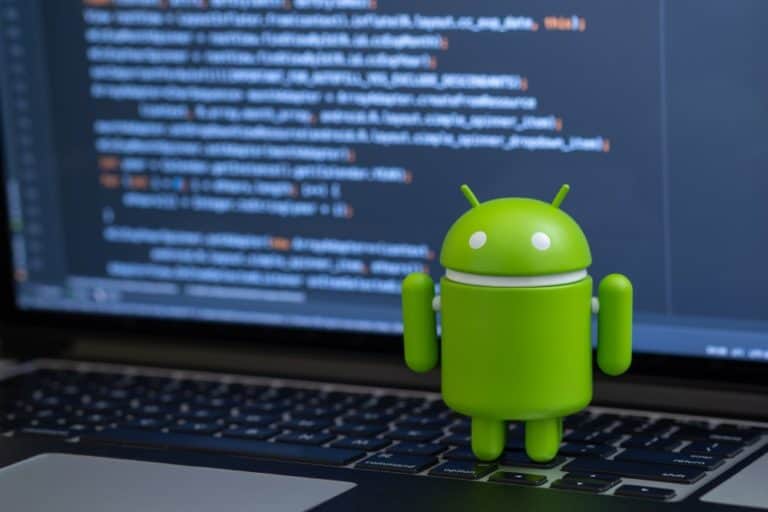The US Supreme Court has ruled on a lawsuit filed by Oracle against Google. This brings an end to the more than ten-year-long legal battle about whether Google infringed Oracle’s copyright by incorporating Java code into Android.
According to the Supreme Court, Google did not violate copyright, but the use of the Java code falls under fair use. The justices argue that the strict enforcement of copyright would not benefit the general public because it would limit the creativity of new programmes. Only Oracle would then be allowed to control that software, VentureBeat writes.
Parts of Java in Android
The lawsuit has a long history. During the development of Android, Google decided to incorporate Java into the mobile operating system in order to attract developers who were familiar with the popular programming language. To do this, the company tried to acquire a licence from Sun, but the negotiations broke down because Sun demanded that all applications based on Java SE could work on multiple operating systems.
Google, however, wanted the developers to create applications specifically for the new mobile operating system. That is why Google decided to develop the Android platform software itself, while taking over part of the Java API. To be precise, the company copied 11,330 lines of code from the Java API. That is 0.4 percent of Java SE.
Does an API fall under fair use?
In 2010, shortly after Oracle acquired Java owner Sun Microsystems, Oracle sued Google for infringement of its copyright. This was followed by years of wrangling about whether it is possible to claim copyright over an API. In the final ruling, the American justices decided that regardless of whether or not copyright could be claimed over an API, it would, in any case, fall under fair use. Only a small part of the code is involved, and Google’s actions have not led to a loss of sales for Oracle. Since Oracle is not active in the smartphone market, Android did not compete with Java SE.
Reactions
The ruling is a relief for many parties. Would the judgment be in Oracle’s favour, Google would have been faced with a gigantic claim for damages of tens of billions of dollars. The Computer & Communications Industry Association is also positive. The industry organisation feared that a victory for Oracle would make it more difficult to adopt elements of code and thus achieve interoperability.
Unsurprisingly, Oracle is disappointed. “They stole Java and spent a decade litigating as only a monopolist can, said Oracle’s Dorian Daley. “This behavior is exactly why regulatory authorities around the world and in the United States are examining Google’s business practices.”
Six justices voted in favour of the ruling, but two against. These two justices found that Google’s use of the Java code was not at all ‘fair’. They point to Apple and Google, who did not have to steal code from third parties to build mobile operating systems. “If companies may now freely copy libraries of declaring code whenever it is more convenient than writing their own, others will likely hesitate to spend the resources Oracle did to create intuitive, well-organized libraries that attract programmers and could compete with Android,” wrote one of the justices.
Tip: Google: if Oracle gets its way around Java is that the end of software development
